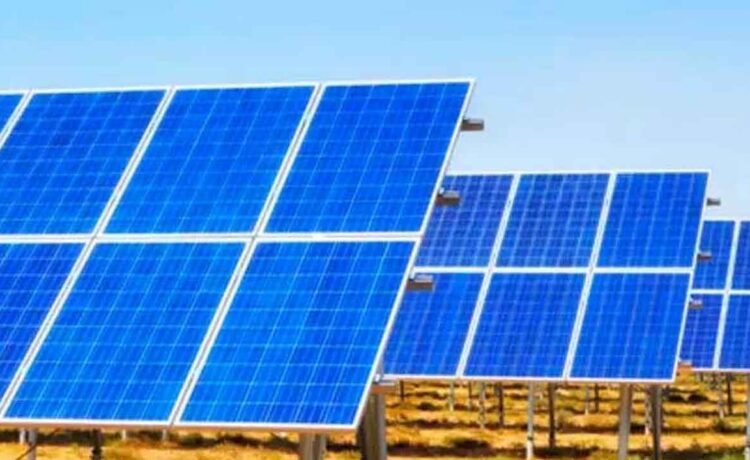The high-interest rates and challenging market conditions notwithstanding, corporate funding in the global solar sector was the highest in a decade last year. The total corporate funding, including venture capital (VC) funding, public market and debt financing into the solar sector, increased 42 per cent year-over-year (YoY) in 2023, with $34.3 billion raised in 160 deals, compared to $24.1 billion in 175 deals in 2022. Debt financing also hit a decade high, and venture capital investments and public market financing recorded the second-highest amounts since 2010. Driven by the Inflation Reduction Act, the global focus on energy security, and favourable policies worldwide, solar continues to attract significant investments, according to the latest annual report of Mercom Capital Group. India was no exception. Consider these. Husk Power Systems, a solar microgrids operator, secured $43 million in the series ‘D’ funding round, including new investors like STOA Infra & Energy, the US International Development Finance Corporation (DFC) and Proparco. Over the next five years, the funds will be used to grow Husk’s fleet by eightfold and add more than 1,400 new mini-grids and nearly three lakh new connections with a third of which earmarked for small and medium enterprises.
Freyr Energy into rooftop installations raised $7 million in series ‘B’ funding, which is likely to be used to increase adoption of solar energy among Indian retail customers. The funding round was led by EDFI ElectriFI, managed by EDFI Management Company, which contributed $ three million. Others who participated in this round included Schneider Electric Energy Asia Fund, Lotus Capital, Maybright, and VT Capital. SJVN, a joint venture between the Union and Himachal Pradesh, secured $1.2 billion construction financing facility to fund its upcoming renewable energy projects. The financing was raised by Deutsche Bank, SBI, PNB, Bank of India, Mitsubishi, and United Financial of Japan Financial Group (MUFG) Bank. Adani Green Energy Limited (AGEL), the renewable energy arm of Adani Group, announced a follow-on funding of a $1.36 billion senior debt facility as part of its construction financing framework, enhancing the pool to $ three billion.
This will be a key enabler in developing a 2,167 MW renewable energy park in Khavda, Gujarat. The park is expected to accelerate the company’s vision of 45 GW operating capacity by 2030. The green loan facility was extended by a consortium of lenders, which includes BNP Paribas, Coöperatieve Rabobank U.A., DBS Bank, Intesa Sanpaolo S.p.A., MUFG Bank., Societe Generale, Standard Chartered Bank (SCB) and Sumitomo Mitsui Banking Corporation. Similarly, Radiance Renewables secured a $90 million green loan project finance facility for its 150 MW (AC) greenfield commercial and industrial (C&I) solar power project in Maharashtra. Axis Bank and SCB collaborated to organize the green loan, with the latter overseeing green loan compliance, including the Loan Market Association’s Green Loan Principles, IFC Performance Standards, and Equator Principles, among several such instances. Though, solar projects continue to attract interest, the high valuations and a lower risk appetite, compounded by unpredictable project completion timelines due to interconnection delays, labour shortages and scarcity of components, have contributed to a drop-off in project M&A activity. That’s the only area of concern.















